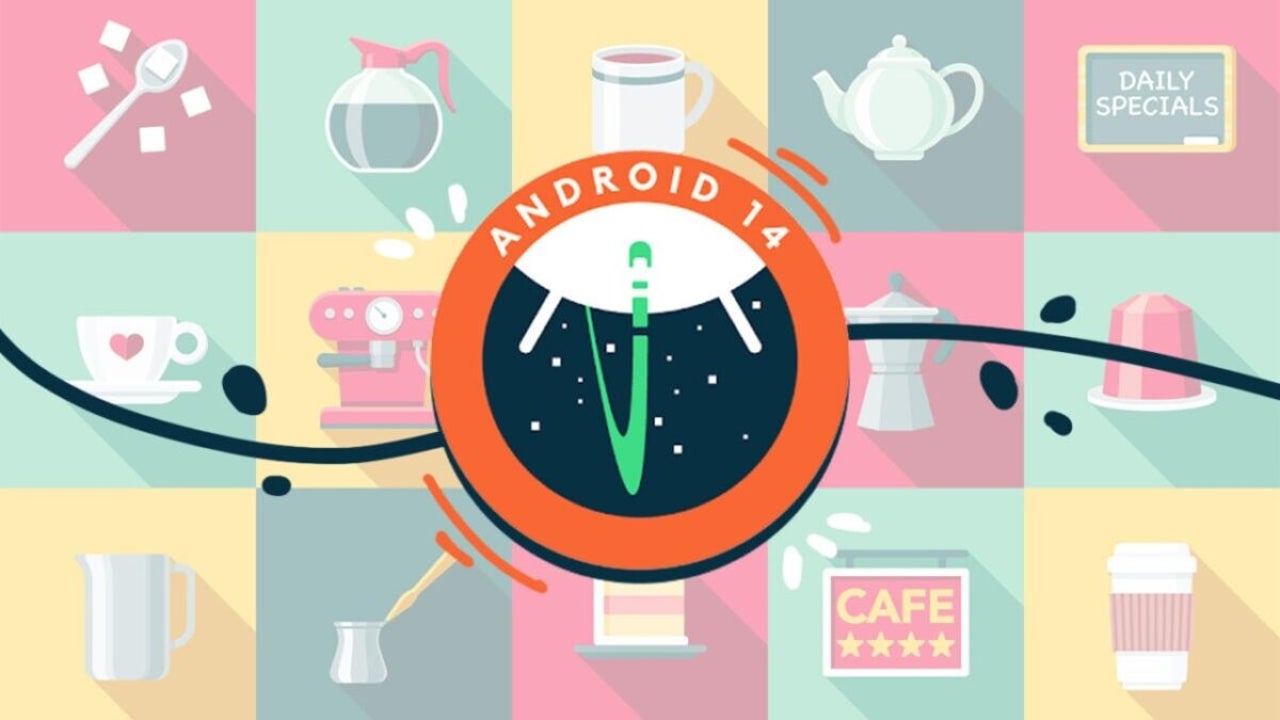News
New Update for Android 14 Beta 4 Tackles Bugs and Enhances Performance

- July 28, 2023
- Updated: July 2, 2025 at 1:35 AM

Android 14 continues working towards its imminent launch. Its latest beta, which had certain stability issues, has received the 4.1 update to further improve the service. Google’s division dedicated to providing software for mobile devices is diligently working to enhance the upcoming flagship version of Android.
Android 14, popularly known as Upside Down Cake, is scheduled to roll out gradually to all new smartphones from late this summer. As is customary, Google tests the new system in beta versions. The most recent one was beta 4, and with this 4.1 patch, many problems present in version 4.0 have been resolved.
A patch with a multitude of fixes
The improvements and issues resolved by Google can be found in detail on their blog. Among other things, Android 14 beta 4.1 addresses the following problems:
- Enhanced Operating System Stability: The system, which sometimes experienced slowdowns, freezes, or app launch delays, has been improved.
- Fingerprint Troubleshooting: The issue where registering new fingerprints was occasionally not possible has been fixed.
- Improved Biometric Data Stability: The stability of biometric data, which sometimes caused app failures, has been worked on.
- Fingerprint Unlock Bug: The problem of trying to unlock the phone with a fingerprint after tapping a notification and it not working has been resolved.
- Icon Visibility Issue: Users experiencing almost invisible application icons will have this error corrected.
- Notification Interaction Fix: The error that prevented some users from interacting with notifications in their status bar has been fixed.
- Post-Call Device Glitch: The issue that caused device malfunctions after ending a call or video call has been addressed.
- Other fixes are available in full on the Android Developers’ blog.

The next flagship version of Android
As Google customarily does, Android 14 will become the new operating system leading Android smartphones, thus bringing an end to Android 13’s leadership. While Android 13 will continue to receive security updates and Google Play support for years to come, it will no longer be the newest OS.
It’s worth mentioning the endemic issue of fragmentation in the Android market concerning operating systems. Currently, modern versions coexist with significantly older ones. For instance, Android 4.4 KitKat, which debuted in 2013, will soon lose support from Google Play.
Graduated in Journalism, Daniel specializes in video games and technology, currently writing for Andro4all and NaviGames, and having written for more Difoosion portals such as Alfa Beta Juega or Urban Tecno. He enjoys staying up-to-date with current affairs, as well as reading, video games, and any other form of cultural expression
Latest from Daniel García
You may also like
 News
NewsAgentic AI in Adobe Express: Will Conversational Editing Change 2026 Content Creation?
Read more
 News
NewsTikTok US Sale Is Confirmed: Here’s the How and the When
Read more
 News
NewsThe Monsterverse will have a spin-off prequel to the prequel of 'Godzilla'
Read more
 News
NewsWe know the first details about Fallout 5
Read more
 News
NewsBarack Obama has chosen his favorite movies of 2025, and they also include the ones you liked the most
Read more
 News
NewsThe game banned by Steam manages to sell 18,000 copies in other stores
Read more